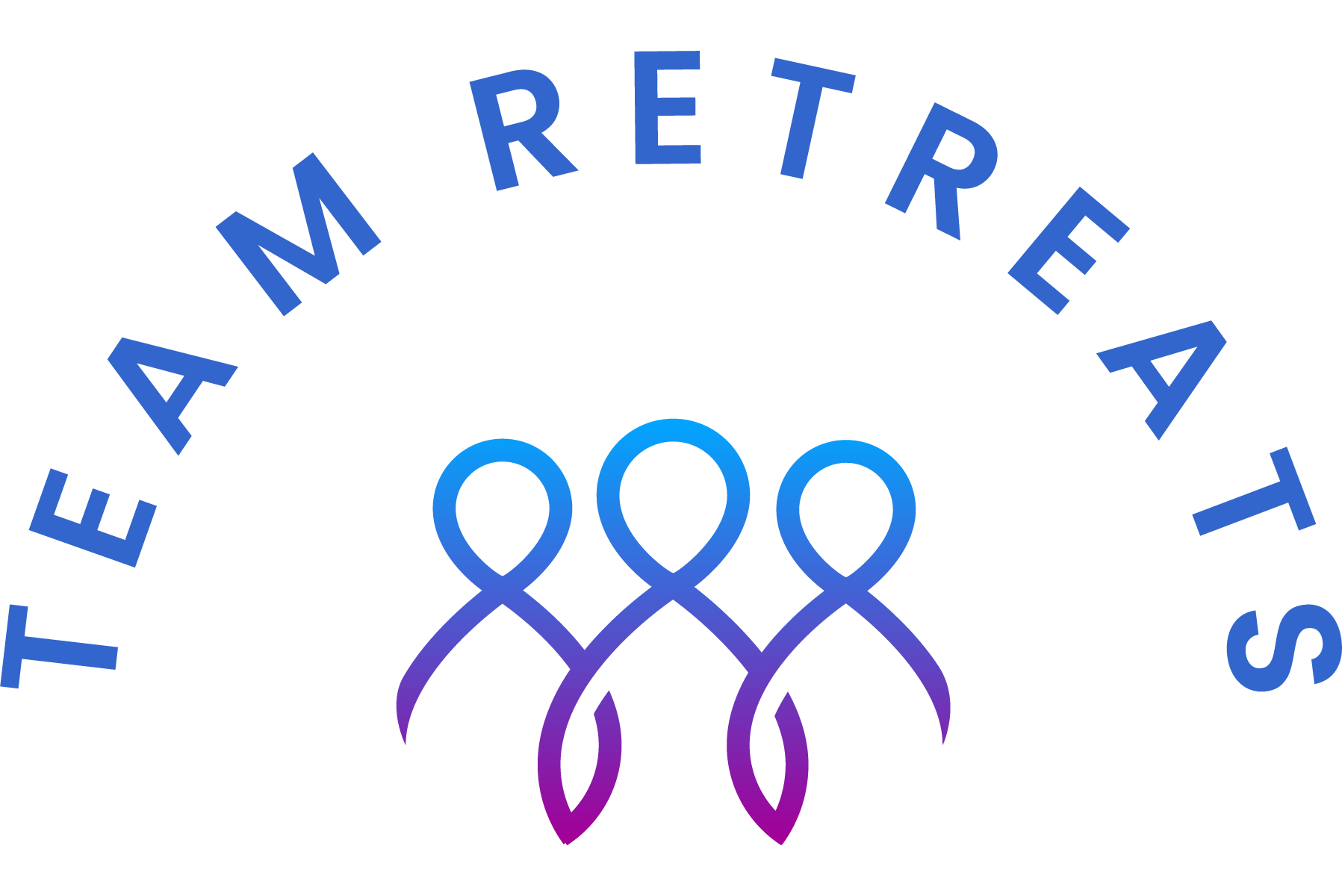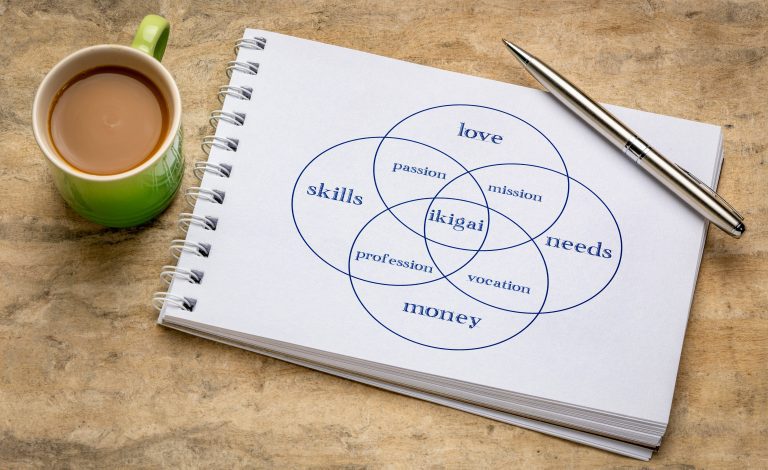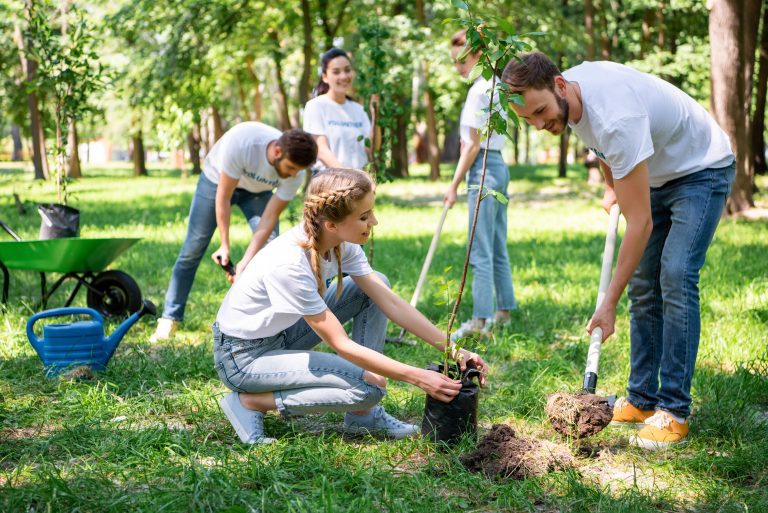#1 Why teams need experiences that last
Every company can organise an offsite. Few create moments that teams remember years later. A great retreat isn’t about PowerPoint-free meetings or generic icebreakers. It’s about emotion, discovery, and shared memories that reconnect people to purpose. In a world of hybrid work, those memories are cultural glue. They rebuild trust, spark creativity, and remind everyone why they work together in the first place.
#2 Seven retreat concepts that make it happen
1. Cook & Connect with a Local Nonna
Food dissolves hierarchy faster than any team workshop. In rural Umbria or Piedmont, teams join local grandmothers in rustic kitchens to hand-roll pasta, laugh over flour-covered tables, and taste their results with regional wine. Beyond cooking, this experience teaches listening, patience, and collaboration under gentle guidance — perfect for groups of 10 to 60 people.
Best for: cultural immersion, creativity, inter-department bonding.
2. The Midnight Walk – Silence & Stars
When was the last time your team truly looked at the night sky? In the mountains of South Tyrol or the open plains of Andalusia, a guided night walk replaces noise with stillness. Phones stay behind; conversation slows to whispers; perspective widens. This experience suits both small leadership teams and larger retreats (up to 100 participants).
It’s unforgettable precisely because it’s so simple.
Best for: mindfulness, humility, leadership reflection.
3. Digital Detox in Nature
Constant notifications keep the nervous system on alert. A structured detox retreat in Comporta (Portugal) or on Sardinia’s west coast offers intentional disconnection. Mornings start with yoga or journaling; afternoons bring surf lessons, forest bathing, or creative writing circles. By day three, people rediscover boredom — and realise it’s actually fertile ground for ideas. Suitable for teams of 20 – 120, depending on venue size.
Best for: burnout prevention, reconnection, authentic presence.
4. Purpose in Motion – Hike & Reflect
Movement clears the mind in ways meetings never can. Teams set out together along vineyard trails in Istria or coastal paths in Sardinia, guided by a facilitator who invites short pauses for questions like:
- What are we walking toward this quarter?
- What habits should we leave behind?
At rest stops, participants jot reflections in small notebooks, later sharing insights around a picnic. The rhythm of walking synchronises thought and conversation, helping large groups (up to 150 people) bond naturally.
Best for: goal alignment, problem-solving, strategic creativity.
5. Creative Collaboration in Culture-Rich Cities
Sometimes inspiration hides in art and architecture, not spreadsheets. Cities such as Florence, Barcelona, or Lisbon offer team challenges that mix culture and play: scavenger hunts through galleries, photography contests in historic quarters, or short film creation in pairs.
Each task demands trust and perspective-switching — crucial soft skills for cross-functional teams. Programs scale from small creative units (10–25) to company-wide events (100+) using local facilitators and venues.
Best for: innovation culture, diversity of thought, cross-team empathy.
6. Culinary Mindfulness Retreat
Taste can anchor attention like meditation. In Umbria’s vineyards or Andalusia’s olive groves, chefs lead sensory workshops where teams slow down enough to notice flavours, textures, and stories behind ingredients.
Between sessions, participants learn the philosophy of “slow food, slow mind. Even large groups (up to 120) can rotate through cooking, tasting, and reflection circles.
Best for: awareness, gratitude, shared pleasure in simplicity.
7. The Art of Stillness Weekend
For teams running at full speed, silence can feel radical. A two-day stillness retreat, for example in South Tyrol’s alpine monasteries or Portugal’s Alentejo plains, replaces productivity with presence.
Mornings begin in quiet meditation; afternoons feature guided journaling or gentle qigong; evenings end around candlelight conversation. Leaders often return describing it as “the first time I really heard myself think.”
Ideal for smaller teams (8–40 pax) seeking depth over volume.
Best for: leadership renewal, emotional reset, clarity.
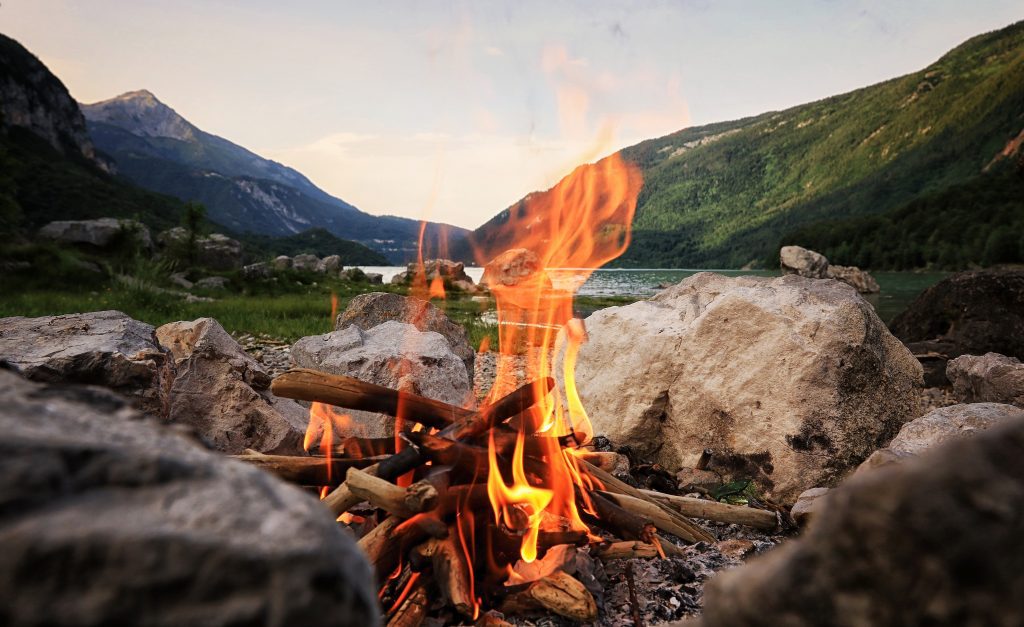
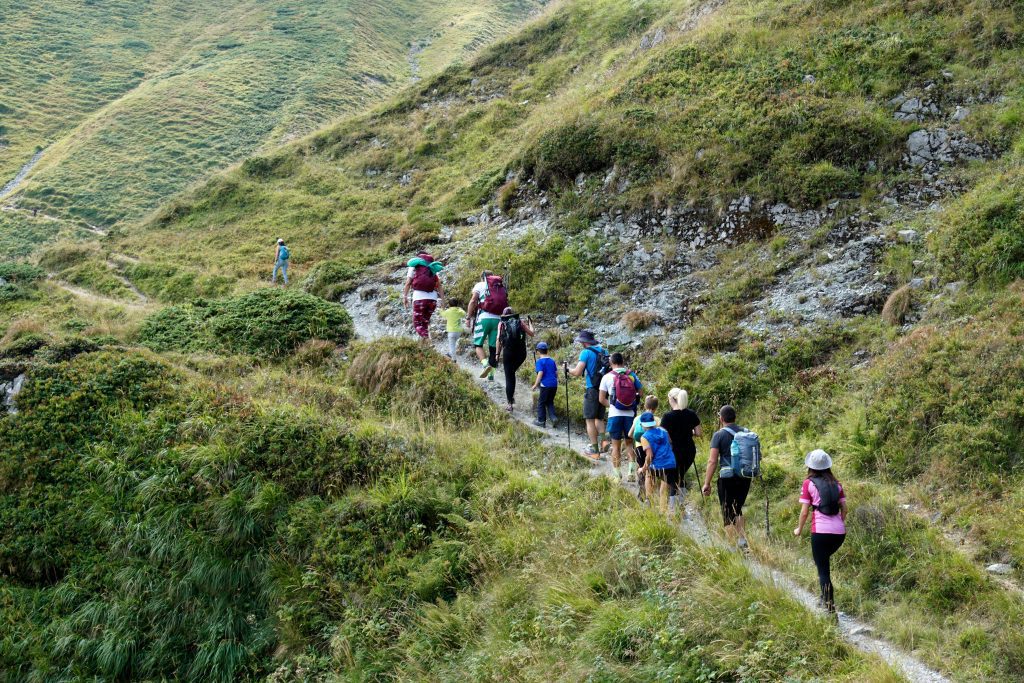
#3 How to choose the right experience for your group
Start with intention
Ask what your team truly needs right now. Is it calm after high growth, trust after reorganisation, or inspiration after remote fatigue? Your answer defines the right rhythm, not the budget.
Match the format to your group size
- Small groups (10–25): immersive workshops and deep reflection.
- Medium teams (30–80): balance between learning and light-hearted connection.
- Large offsites (100–150+): outdoor-based activities, modular facilitation, and shared meals for cohesion.
Blend structure and freedom
Teams often transform most during the unplanned moments when the schedule loosens and space opens up.
A great retreat combines rhythm and rest: morning workshops with clear intention, followed by long, unhurried afternoons that invite curiosity. Leave room for slow conversations over coffee, spontaneous swims, or quiet reflection.
It’s often in these in-between spaces that trust deepens, ideas surface, and real laughter returns.
Prioritise authenticity
Choose hosts, chefs, and guides who truly love what they do, people who don’t perform hospitality but live it.
A passionate yoga teacher in Sardinia, a winemaker in Umbria, or a hiking guide in South Tyrol can elevate a simple activity into a moment of connection.
Teams instantly sense when something feels genuine, and that emotional imprint lasts longer than any keynote or workshop. Authenticity is the invisible ingredient that turns a retreat into a shared story people keep telling.
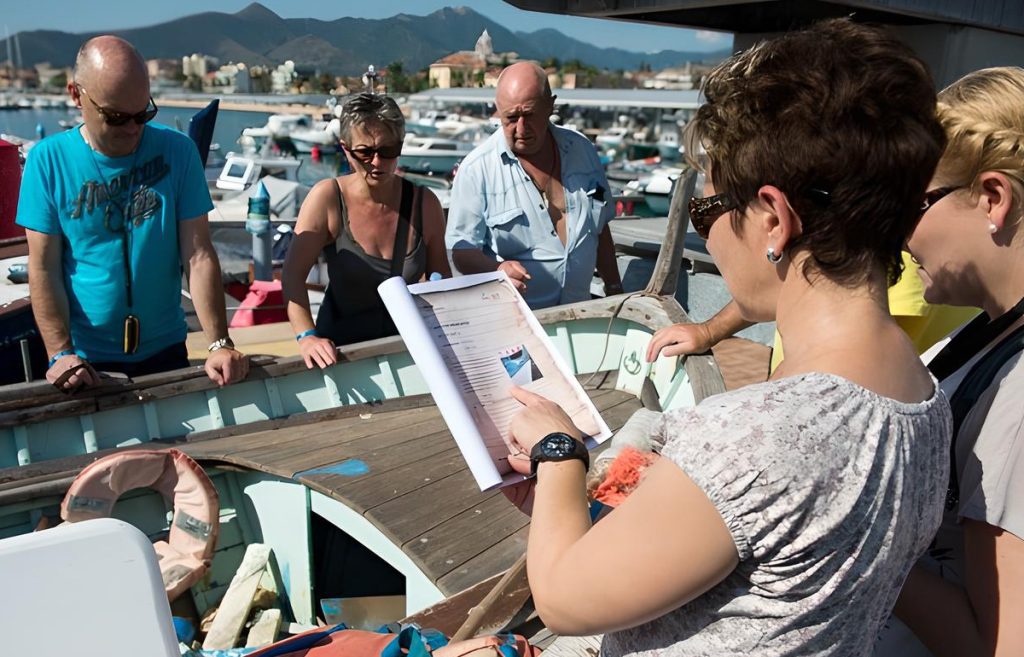
Book a 15-min Planning Call
Ready to move beyond “just another offsite”? Let’s co-create a retreat experience your team will remember, one that connects, inspires, and lasts. We’ll help you find the right destination, facilitator, and flow for your group size and goals.
Let’s Talk Retreat Ideas
FAQ
How many participants can these retreats host?
Depending on the format, from 120-person leadership circles up to 300-person company offsites.
Which destination fits best for large groups?
Lake Maggiore, Sardinia, and South Tyrol have venues large enough for full-company events.
Are these retreats suitable for hybrid teams?
Yes — we design experiences that reconnect people who rarely meet in person.
How long should each experience last?
Three to five days are ideal for reflection, bonding, and rest.
Can we include light work sessions?
Of course — as long as they support connection rather than replace it.
